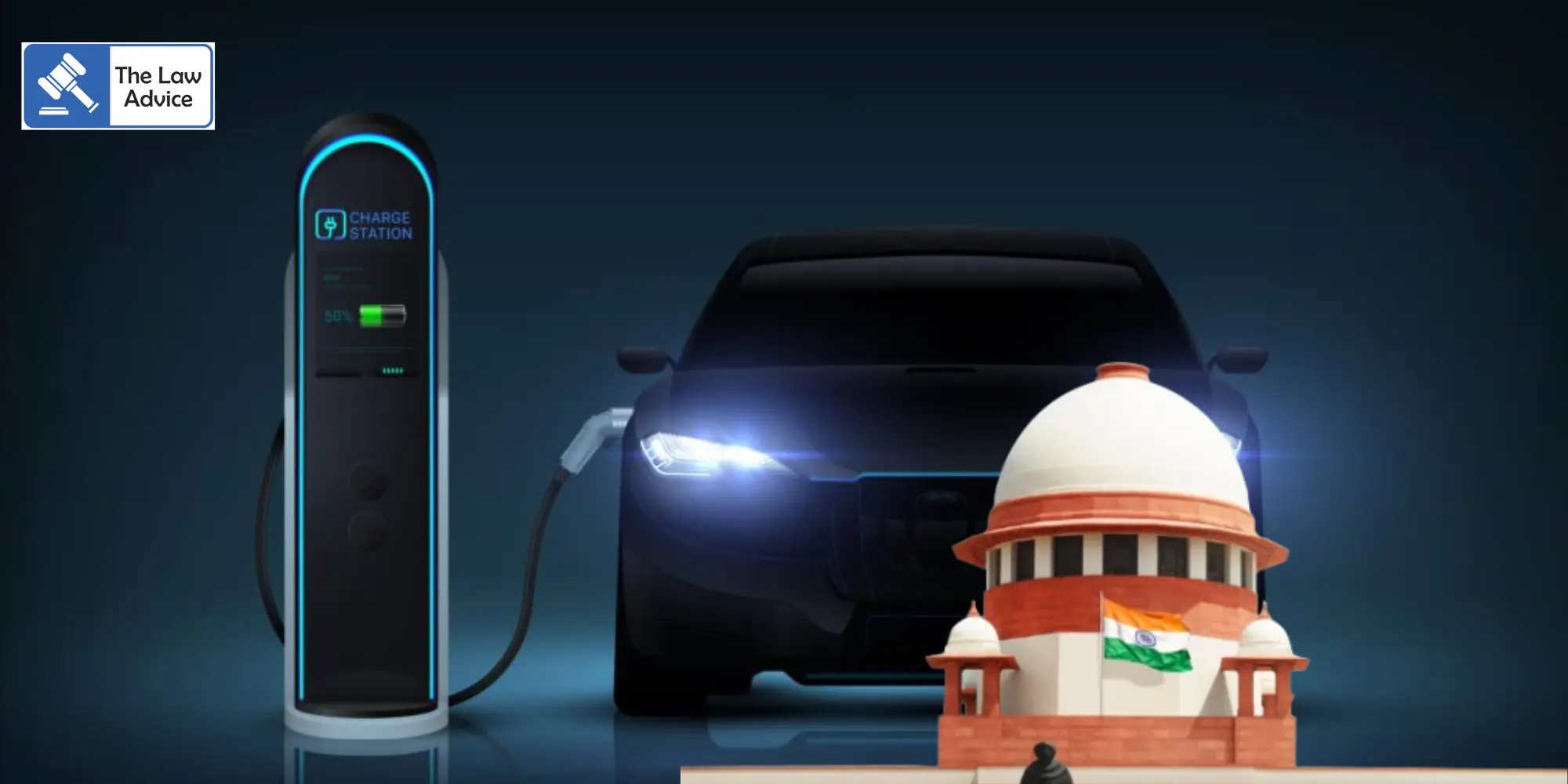
The Supreme Court on Thursday (November 13) observed that it may be time for the Government to revisit and update the National Electric Mobility Mission Plan (NEMMP), 2020, in order to accelerate the transition towards electric vehicles (EVs). The Bench suggested that the Centre consider launching pilot projects in metropolitan cities to promote the adoption of EVs.
A Bench comprising Justices Surya Kant and Joymalya Bagchi was hearing a public interest litigation seeking effective implementation of the Government’s electric vehicle policy framework. Appearing for the petitioners, Advocate Prashant Bhushan submitted that the PIL merely seeks enforcement of the Centre’s existing policy — the NEMMP — which recommended rebates and tax exemptions to offset the higher upfront cost of EVs and encourage citizens to shift away from fossil fuel-based vehicles.
Bhushan referred to the NITI Aayog’s proposals, which included financial incentives, road tax waivers, and a mandate for government fleets to transition to EVs, along with the establishment of mandatory charging stations — currently one of the major bottlenecks.
Justice Surya Kant remarked that while issues related to cost and infrastructure are largely driven by “market forces,” existing facilities such as petrol pumps and bus depots could be used to set up charging points. He also agreed with Attorney General R. Venkataramani, who said that a complete shift to electric mobility is a “complex policy decision” that must consider affordability and practical implementation across population segments.
Nonetheless, Justice Kant emphasized that five years had already passed since the 2020 policy was formulated and that “the passage of time itself warrants a relook.” “Maybe the policy needs to be revisited. Somewhere, a pilot project has to begin — perhaps in major cities like Delhi, Mumbai, Kolkata, Chennai, or Bengaluru,” he suggested.
The Attorney General assured the Court that the Centre would file a comprehensive report detailing all notifications and initiatives undertaken by the 13 Ministries currently involved in implementing the EV promotion program. The Bench directed the Union to file its report within four weeks and listed the matter thereafter.
Earlier, in 2020, the Court had noted that air pollution from fossil-fuel-powered vehicles posed a grave environmental threat nationwide and called for submissions on several issues, including:
(i) Procurement of electric vehicles;
(ii) Establishment of charging infrastructure;
(iii) Implementation of a “feebate system” (penalizing high-emission vehicles while subsidizing EVs);
(iv) Use of hydrogen vehicles;
(v) Exploration of alternative fuels; and
(vi) Impact on imports and environment.
The PIL, filed in 2019 by the Centre for Public Interest Litigation, Common Cause, and the SitaRam Jindal Foundation, contends that the government’s inaction on implementing its own EV roadmap violates citizens’ fundamental rights to health and a clean environment under Articles 14 and 21 of the Constitution.
The petition argues that despite adopting the NEMMP 2020 and NITI Aayog’s 2018 Zero Emission Vehicles Policy Framework, the government has failed to implement effective measures to reduce vehicular emissions. It highlights that urban air pollution, driven largely by fossil fuel combustion, has turned Indian cities into “virtual gas chambers.”
The petitioners seek directions for the Centre to adopt international best practices such as preferential parking for EVs, toll exemptions, subsidies for private charging points, and mandated charging infrastructure in residential and public buildings. They also call for the creation of demand through public procurement, incentives for private buyers, and the adoption of a feebate system to fund EV subsidies through levies on polluting vehicles.
Case Title: Centre for Public Interest Litigation v. Union of India & Ors., W.P.(C) No. 228/2019
Website designed, developed and maintained by webexy